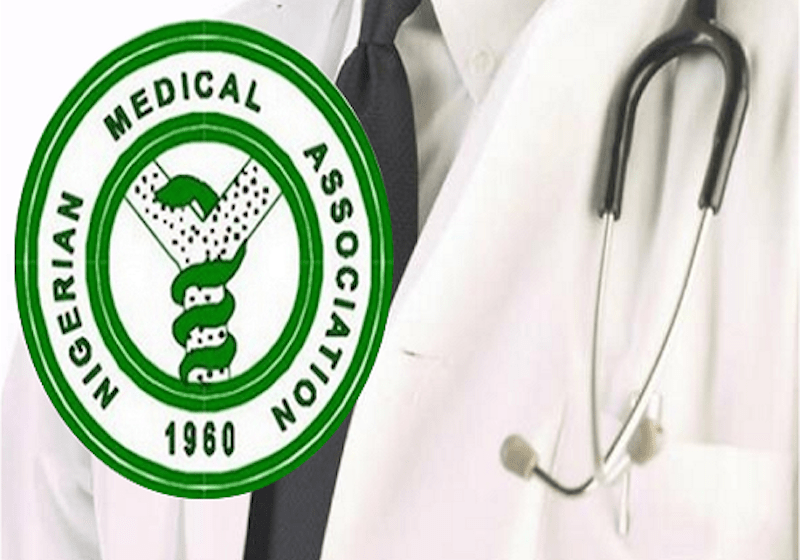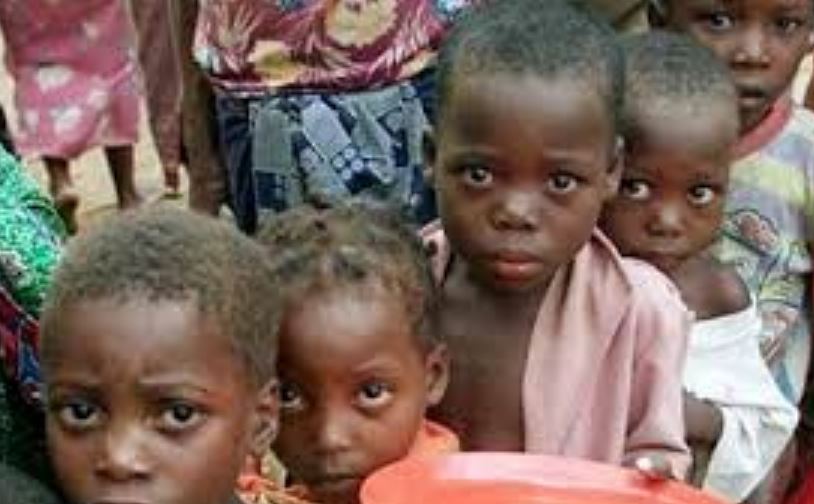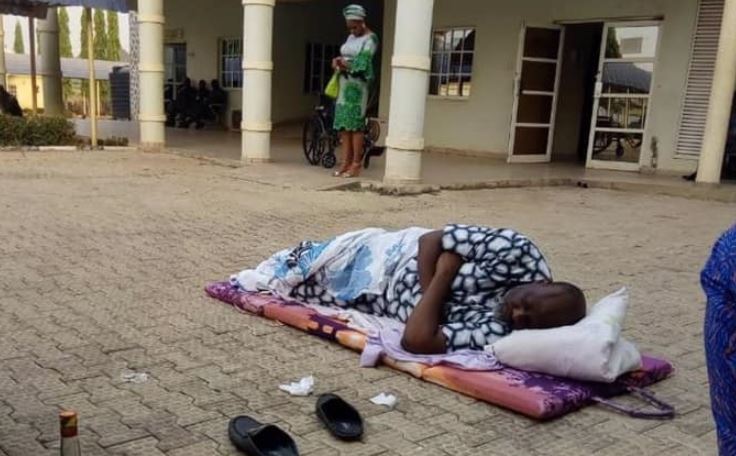Social media is a daily part of life for the vast majority of teens and for many, social media platforms are becoming almost addictive. It comes as no surprise as there is a much greater good that comes with better use of social media platforms, as social media can be used for connecting, communicating, collaborating, advocacy and lot more.
However, too much of every good thing, they say, is bad. It is hard to find a teenager without one social media profile or the other. More also, most teens visit social networking sites on a daily basis.
A report by Common Sense Media found that more than a third of teens visit their main social networking site several times a day. A study by UCLA brain mapping center found that certain regions of teen brains became activated by “likes” on social media, sometimes causing them to want to use social media more.
During the study, researchers used an fMRI scanner to image the brains of 32 teenagers as they used a fictitious social media app resembling Instagram. The teenagers were shown more than 140 images where “likes” were believed to be from their peers. However, the likes were actually assigned by the research team.
As a result, the brain scans revealed that in addition to a number of regions, the nucleus accumbens, part of the brain’s reward circuitry, was especially active when they saw a large number of likes on their own photos. According to researchers, this area of the brain is the same region that responds when we see pictures of people we love or when we win money.
What’s more, researchers say that this reward region of the brain is particularly sensitive during the teen years, which could explain why teens are so drawn to social media.
Undoubtedly, social networking plays a vital role in broadening teen social connections and helping them learn valuable technical skills.
But what impact is all of this social networking having on young teen minds?
Sleep deprivation
Sometimes teens spend so many hours on social media that they begin to lose valuable sleep. Consequently, this sleep loss can lead to moodiness, a drop in grades, and overeating, as well as exacerbate existing problems like depression, anxiety, and ADD.
Communication issues
While social media is a great way to keep in touch with friends and family, it also is not the same as face-to-face communication. For instance, a teen cannot see a person’s facial expressions or hear their tone of voice online. As a result, it is very easy for misunderstandings to occur, especially when people try to be funny or sarcastic online.
What’s more, many teens spend so much time online checking statuses and likes that they forget to interact with the people right in front of them.
Anxiety
Teens often feel emotionally invested in their social media accounts. Not only do they feel pressure to respond quickly online, but they also feel pressure to have perfect photos and well-written posts, all of which can cause a great deal of anxiety. In fact, some studies have found that the larger a teen’s social circle online the more anxiety they feel about keeping up with everything online.
Depression
Researchers are just beginning to establish a link between depression and social media. While they have not actually discovered a cause and effect relationship between social media and depression, they have discovered that social media use can be associated with an intensification of the symptoms of depression, including a decrease in social activity and an increase in loneliness.
Envy
Jealousy and envy—while normal emotions—can wreak havoc on teen brains if they dwell on what someone else has possessed or has experienced, that they themselves have not. And because people tend to post only the positive things that they experience, or make light of the bad with funny little anecdotes, it can appear to the reader that other people lead more exciting lives than they do.
Unfortunately, what teens often do not realize is that people tend to only post their “highlight reel” on social media and often keep the mundane or difficult experiences off the Internet. As a result, another person’s life may look perfect online, but offline they have struggles just like anyone else.





